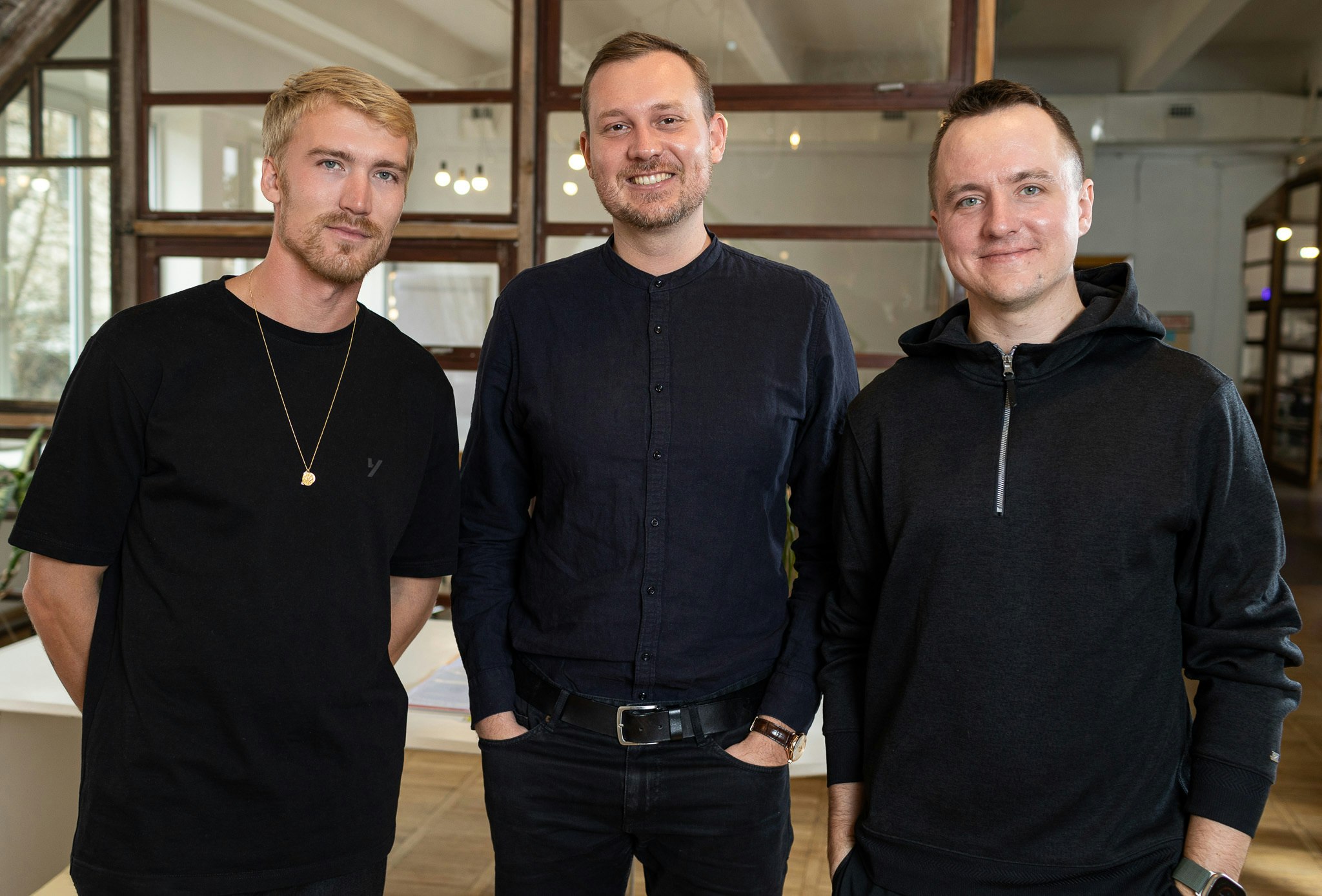Uzair Bawany is the chief commercial officer at Traydstream, the fintech he cofounded in 2017 to automate and digitise trade finance. At the time, the team of three worked on the entire sales process, end to end. Today, the Series B company has a team of 250 people, with a lean sales department of around 20 people led by five heads of sales across Europe, America, Middle East and Africa, APAC and Japan as well as Korea.
Here he shares his top tips for running a sales function in a growing company.
Bring on people who understand your business model
Hire people who understand sales cycles for your particular business over those who understand your industry. The pressure to sell is incredibly high in a startup, so you need people who can hit the ground running. In our case, that meant hiring people who have an understanding of how software sales work. Later on, you can bring on subject matter experts who you can teach how to sell.
Focus on client-facing skills
In the beginning, it’s all about getting the deal, so you want to hire people who are comfortable being customer-facing, can talk to clients and can close the deal. As you scale, you can build out a support team that can take over some of the early pipeline work, admin and closing of deals.
Use your networks
Getting early adopters is the hardest part of starting a company — you need to find companies that:
- Believe in the product and want it to do well;
- Will risk trying it out;
- And are willing to pay for it.
Get everyone on the team to make a list of key stakeholders they personally know in the industry. Get them to pitch your company to them with mates rates. We offered our early clients very discounted deals, personalised training and unique product builds. We told them working with us was a leap of faith and, in the long run, it would be better for the wider industry as well as their businesses.
Focus on retention as you scale
As you mature as a company, you’ll need a support team that works on onboarding clients, software implementation, client training and, importantly, client management. You need to ensure clients are happy with the product, that you're supporting them as you build and you’re taking on their feedback as you innovate. We check in regularly, including feedback sessions where we ask them what they like and don’t like, what we could be doing better and what they want to see.
The early days of a client using your product are the most important if you want to ensure prolonged usage. Ensure you’re holding their hand through the learning and onboarding process — people are reluctant to change so any blockers are going to put them off. Go the extra mile to support them. This can look like flying to clients to train them face-to-face, having a support team on call and lots of manuals as well as support resources. You may even create an AI co-pilot to support onboarding and integration.
We have worked hard to retain early clients and, as we’ve grown, have rolled out into some of their other geographic regions of operations.
Incentivise your team
Sales is one of the most expensive functions in a company, alongside technology and engineering. To make it worth their while, you need to create a performance-based bonus structure that creates the opportunity to double base salary. This needs to be based on the deals they bring in or close, depending on your metrics. Be creative with your compensation too. For example, in the early days, we offered an additional bonus to our salespeople if they managed to get a client to pay in advance, as this was a benefit to our early-stage company cash flow.
Don’t fully rely on AI
Opening conversations with prospective clients often need to be very tailored. When you’re talking to senior stakeholders, you want to ensure they feel comfortable. They want to build trust with your brand and to do that you need to provide a genuine connection. AI can’t replicate the human touch, yet.
Talking to an AI — or even talking about how to use AI in your product — can make people worry about losing their jobs. If a customer feels like your product could put their job at risk, they won’t sign the deal. Historically, this is similar to the early 2000s when there was a worry about outsourcing work to places like India. Instead, what actually happened was everyone moved up the value chain and there was greater output from the industry. AI will be the same.
There are places where AI can be suitable though. For example, we’re looking at how to use technology to make it easier to get our first connection with corporate customers.
On the subject of...sales
1. How to create a sales strategy.
2. Build a trusted sales team. From making your first hire to getting the right accreditations, there are a range of factors to consider while building a sales team.
3. How to use job postings to improve your cold email outreach.



